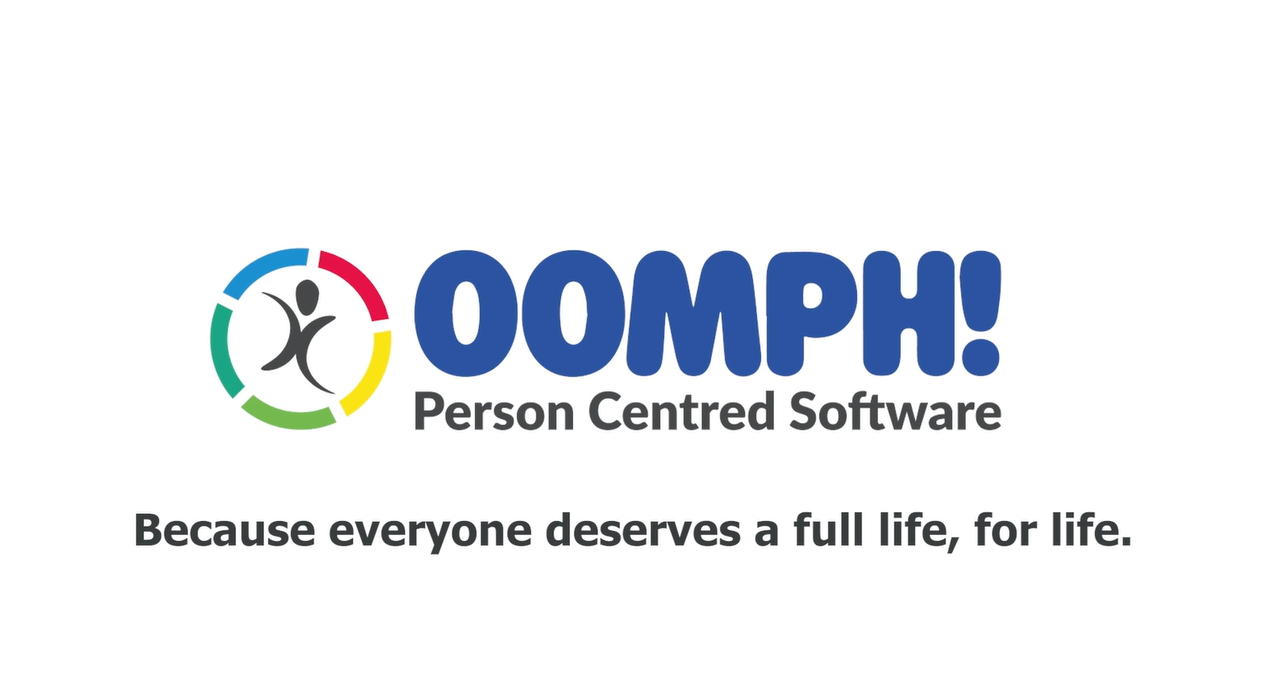Promoting independence in care

The Montessori approach is becoming increasingly popular in care homes across the UK, but what exactly is it, and how does it help those living with dementia? If you're not familiar with this approach, it's important to learn more about its techniques and the benefits it offers.
This article explores the Montessori approach and how individuals living with dementia can benefit from it.
What is the Montessori method?
Based on the educational philosophy of childhood educator Dr Maria Montessori, the Montessori approach to dementia care is centred around supporting the person behind dementia by identifying their interests, remaining skills, and abilities and offering a choice of meaningful activities that help to maintain and build on these skills. This approach aims to preserve people's dignity, independence, and sense of self by creating an environment that enables them to engage in tailored activities and tasks.

When applied to dementia care, the Montessori approach is becoming increasingly recognised for its holistic approach, which incorporates occupational therapy and person-centred care elements. This approach is similar to Professor Thomas Kitwood's person-centred care philosophy, which aligns seamlessly with the core theory of the Montessori approach.

Professor Thomas Kitwood
Kitwood was a pioneer in the field of dementia care and developed innovative research projects and training courses, challenging traditional approaches to care. His person-centred care philosophy emphasises dignity and empathy. It also encourages people to see those with dementia beyond the condition, reminding us to treat individuals with dementia not as patients but as human beings with emotional, psychological, and spiritual needs.
What are the Montessori principles for dementia?
- Invite the person to participate.
- The activity should have a sense of purpose and capture the person's interest.
- Offer choice whenever possible.
- Demonstrate each activity (and talk less) to ensure the individual understands what they are expected to do.
- Break the task down into steps to make it easier to follow.
- Physical skills: focus on what the person can do.
- Match your speed to theirs, slow down and be patient!
- Use visual hints, cues or templates.
- Give the person something to hold.
- Go from simple to more complex.
- At the end, ask: "Did you enjoy doing this?" and "Would you like to do this again"?
- There is no right or wrong way to do an activity; think engagement.
How can care providers use the Montessori method for dementia?
Montessori methods help improve self-esteem, reduce boredom and loneliness through activities that embrace roles and routines, and reduce and prevent behaviours that may challenge. These activities often incorporate sensory elements to stimulate cognitive function, promote independence, and engage individuals in meaningful tasks.
Our Oomph On-Demand Wellbeing and Activities platform, created by experts in wellbeing, mental health, dementia, and nutrition, offers many Montessori-based activities that can significantly improve cognitive function, emotional wellbeing, and overall quality of life among people living with dementia.
One of our partners, Mindful Care Training and Consultancy, provides specialised Montessori in Dementia Care training to further enhance the effectiveness of these activities. This is just one example of our collaboration with other care services to work together as a team.
From activity packs and reminiscence newspapers specially designed for people living with dementia to themed calendars, quizzes and crafts, Oomph has everything you need.
We even have Oomph TV, which includes live exercise classes, activity sessions, and videos from expert partners, and even a worldwide radio platform with over 110,000 Radio Stations (FM, AM and Internet) stations and podcasts from 130 countries, giving residents the freedom and opportunity to tune into the stations that they love, the list goes on!
If you want to access our Montessori-based activities, book a consultation to learn more.






